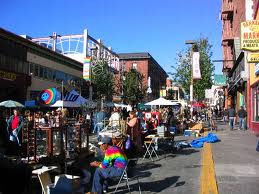 I was chatting with the executive director of a prominent music ensemble over coffee the other day. Her group often performs concert programs in Berkeley but, unusually, no East Bay performances were scheduled for the ensemble’s recent program of concerts.
I was chatting with the executive director of a prominent music ensemble over coffee the other day. Her group often performs concert programs in Berkeley but, unusually, no East Bay performances were scheduled for the ensemble’s recent program of concerts.
I asked her why. Her answer surprised me:
“People in Berkeley like old music and new music but nothing in between.”
I know that there are lots of early and contemporary music fans in the East Bay. But it seems odd to me that the ensemble, which has an international reputation, couldn’t find enough of an audience for a program that features the “in between” repertoire in Berkeley. I’m curious to know if other groups presenting work around the Bay would agree…?
P.S. I, for one, would have gladly made the trip across the Bay to hear the concert as the San Francisco date didn’t work with my schedule. And I know from talking to music lovers around here that many San Francisco people prefer attending concerts in Berkeley venues than in San Francisco because they like the venues better.

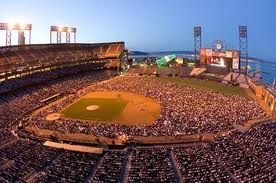
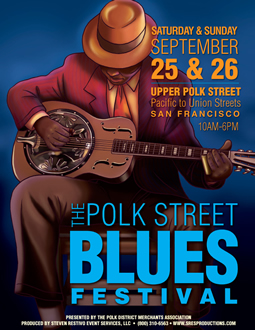 Days like I had on Saturday remind me of the sheer joy of living in this part of the world. There is no other place quite like it for off-the-radar cultural encounters and non-everyday experiences.
Days like I had on Saturday remind me of the sheer joy of living in this part of the world. There is no other place quite like it for off-the-radar cultural encounters and non-everyday experiences.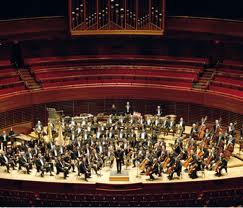 Last night at the
Last night at the 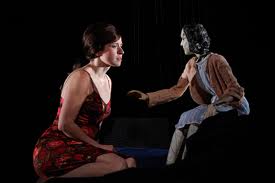 A great playwright is like a puppet master: He or she subtly pulls the strings of character and action to make life seem larger than it is in reality. Ideally, he or she resides in the shadows and the puppet/play itself takes center stage.
A great playwright is like a puppet master: He or she subtly pulls the strings of character and action to make life seem larger than it is in reality. Ideally, he or she resides in the shadows and the puppet/play itself takes center stage. …Why isn’t it ever any good?
…Why isn’t it ever any good?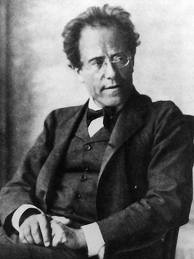 A few days ago, the rules that govern the selecting of repertoire for an orchestral season came up for discussion at a dinner party with a couple of friends, one of whom happens to be the music director of a symphony orchestra.
A few days ago, the rules that govern the selecting of repertoire for an orchestral season came up for discussion at a dinner party with a couple of friends, one of whom happens to be the music director of a symphony orchestra. The culture column of the Bay Area section of the New York Times, which I write every two weeks, had been a bit of a moving target content-wise since I started the gig nearly a year ago. I’m often asked by arts organizations and independent PR people what kind of stories my editors and I are looking for on the culture front. Here are some pointers to help anyone who feels like pitching me:
The culture column of the Bay Area section of the New York Times, which I write every two weeks, had been a bit of a moving target content-wise since I started the gig nearly a year ago. I’m often asked by arts organizations and independent PR people what kind of stories my editors and I are looking for on the culture front. Here are some pointers to help anyone who feels like pitching me: Watched the second installment in what’s beginning to look like a fab series of educational films about the works of William Shakespeare.
Watched the second installment in what’s beginning to look like a fab series of educational films about the works of William Shakespeare. 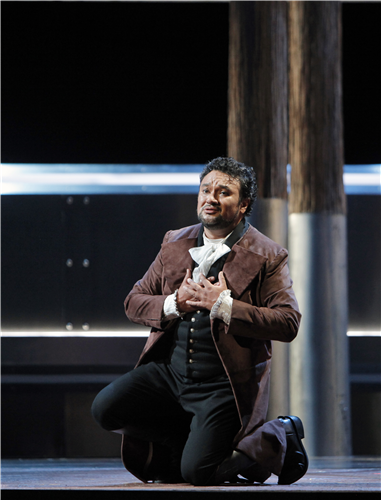 Werther, the central character in Jules Massenet’s four act opera of the same title based on The Sorrows of Young Werther by Goethe is an emotional yo-yo. He experiences soaring highs and wallowing lows. If he were alive today, medics would brand him as being bipolar.
Werther, the central character in Jules Massenet’s four act opera of the same title based on The Sorrows of Young Werther by Goethe is an emotional yo-yo. He experiences soaring highs and wallowing lows. If he were alive today, medics would brand him as being bipolar.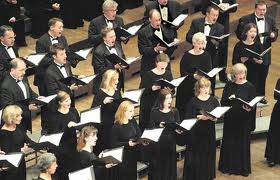 An interesting question came up over tea this morning with Helene Whitson, the creator of the useful and exhaustive
An interesting question came up over tea this morning with Helene Whitson, the creator of the useful and exhaustive 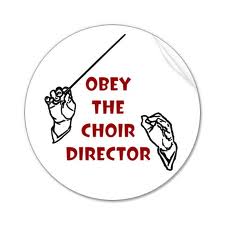 A question I’ve been asking myself lately is this: Why is it that so many choral conductors treat their singers like children? I’m talking adult ensembles here, not ones composed of minors.
A question I’ve been asking myself lately is this: Why is it that so many choral conductors treat their singers like children? I’m talking adult ensembles here, not ones composed of minors.